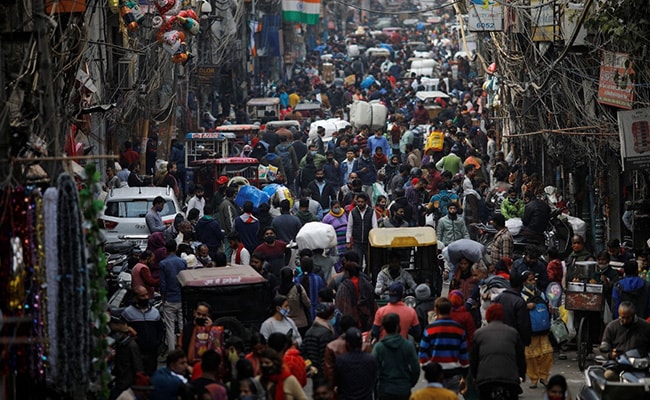
New Delhi:
The Union Home Ministry could issue a notification to implement the controversial Citizenship Amendment Act later tonight, sources told NDTV Monday afternoon.
This comes less than a month after Home Minister Amit Shah stressed the CAA will be implemented before the Lok Sabha election, which is due in April/May. “CAA is an act of the country… it will definitely be notified. CAA will come into effect before the election (and) nobody should be confused about this,” Mr Shah said at an event in Delhi.
The CAA – which makes religion, for the first time, a test of citizenship for “persecuted” non-Muslim refugees from Muslim-majority nations like Pakistan and Bangladesh – was cleared by Parliament in December 2019 amid violent protests across the country.
The epicentre of these agitations, which saw lakhs across India take to the streets, was in Delhi’s Shaheen Bagh, where thousands of men and women staged a months-long protest that drew the attention of celebrities like Pink Floyd co-founder Roger Waters.
Mr Shah last month sought to play down fears the CAA, and the equally contentious NRC, or National Register of Citizens, will be combined to target minority communities.
“Our Muslim brothers are being misled and instigated (against the CAA), which is only meant to give citizenship to those who came to India after facing persecution in Pakistan, Afghanistan and Bangladesh. It is not for snatching anyone’s citizenship.”
Meanwhile, as the CAA nears notification (and implementation), opposition politicians have spoken out, insisting it will not be enforced in their respective territories.
Bengal Chief Minister Mamata Banerjee said in January that the Bharatiya Janata Party – bidding for a third consecutive term at the centre – had raised the issue now for votes.
“With elections approaching, the BJP has again raked up the CAA issue to reap political benefits. But let me make it very clear, as long as I am alive, I will not allow its implementation in Bengal,” she said at a public event in Uttar Dinjapur district.
Ms Banerjee’s Tamil Nadu counterpart, MK Stalin, was similarly emphatic.
Accusing the BJP-led government’s actions of going “against communal harmony”, the DMK boss vowed that his administration would never implement the law.
Several other non-BJP ruled states, such as Kerala and Punjab, also opposed the CAA, with many passing resolutions; Bengal and Kerala also stopped all NPR and NRC work.




